Twelve Beneficial Actions to Help Make World Soul (Anima Mundi) Healthy Again
Healthy habits: nutritious eating, a mushroom recipe, a 14-million-acre rainforest reserve and community gardens in parks, schools, and farms
Buy less and adventure more and do good for soils and souls. We are a group of advocates who put our Love in Action and plant native pollinator gardens next to food gardens in parks, schools and farms.
Bee an Actioneer in Adventures with a Purpose!
Healthy beings create a world of well-being.
A Simple Healthy List for You
1. Eating a balanced diet that includes whole foods can support overall well-being. Experience in holistic health and nutrition may contribute to strategies for managing the aging process, as well as improving strength, clarity, stamina, and focus. Sustainable living practices, such as reducing environmental impact, can also be included in a healthy lifestyle.
2. Regular movement is important for physical health. In sedentary environments, setting reminders to move every hour can be effective. Walking daily or achieving at least 150 minutes of activity per week aligns with general recommendations. Standing desks and walking pads are available for those who work remotely or travel frequently.
3. Including sufficient fiber is recommended. Only about 5% of adults in the U.S. meet the suggested intake (25 g/day for women, 38 g/day for men) through fruits, vegetables, whole grains, legumes, beans, nuts, and seeds. Obtaining nutrition from food is generally optimal, though some supplements may be appropriate in certain cases. In addition to drinking water, include foods that have natural hydration: melons and mushrooms have a lot of water. Stay hydrated throughout the day as dehydration is tiring and can lead to lack of concentration and coordination.
4. Consuming a variety of plant-based foods supports dietary diversity and digestive health. Adding raw nuts and seeds can increase fiber and protein intake. Blending seeds like chia, flax, sunflower, and sesame can make nutrients more accessible when added to meals such as oatmeal or salads.
5. Sleep plays a foundational role in maintaining health, including hormone balance. Insufficient sleep can influence food choices, habits, energy for movement, digestion, and mood. Quality sleep may vary in duration; relaxation techniques such as mindful breathing may help support rest.
6. Avoid seed oils and processed foods because they cause inflammation and gut-mind irritation. Use extra virgin olive oil (EVOO) or coconut oil and eat real food.
7. Consultation with a nutrition and health professional may offer support, particularly when they have practical experience with food sources.
8. Self-awareness, ongoing education, and curiosity can support making informed health decisions.
9. Pursuing enjoyable activities and expanding knowledge may benefit overall well-being and self-esteem.
10. Compassion and empathy towards oneself, others, animals, and nature contribute to positive behaviors and environments.
11. Being inquisitive and engaging in critical thinking may help address broader cultural and systemic challenges.
12. Health is complex, and there is no universal plan suitable for everyone. Listen to your gut. Keep a food journal and note body-mind-spirit responses after consumption. Our metabolic dysfunctions are causing mental illness, physical and spiritual crises.
Are you seeking a sustainable health and living coach who specializes in integrating wild foraged ingredients and regenerative practices into personalized wellness plans?
With expertise in farm-to-table cooking and local foraging, I empower clients to reconnect with nature and transform their health from the inside out. I am also an artist, color-design-build and landscape and garden design consultant. I can help you create your habitats from inside out, literally- your home, land, body, mind and spirit! Contact me today for a free consultation and take the first step toward vibrant, lifelong well-being.
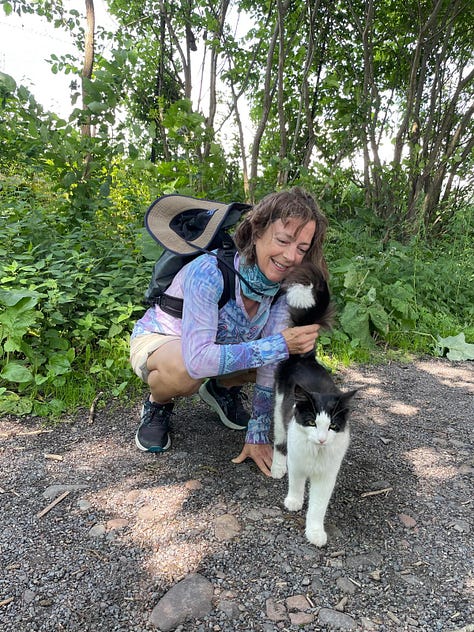
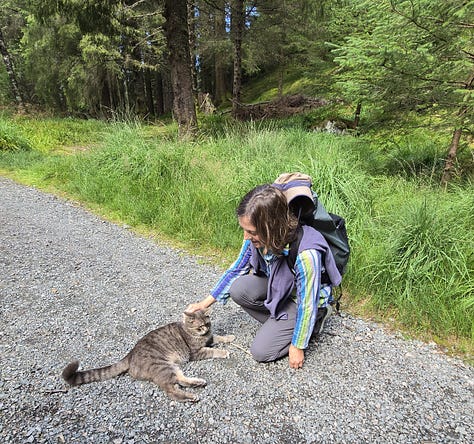
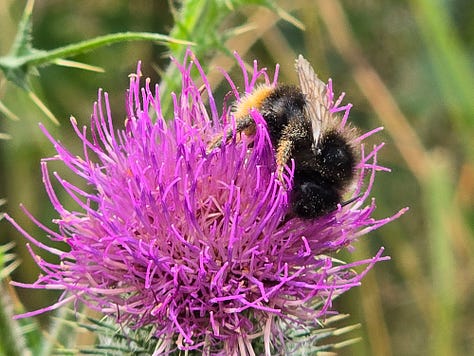
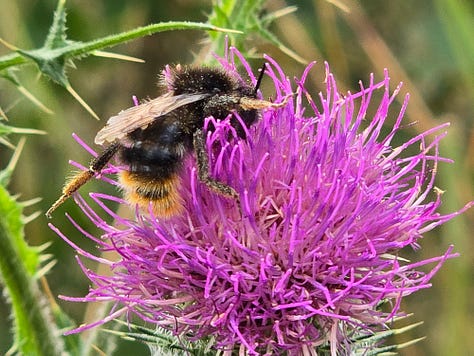
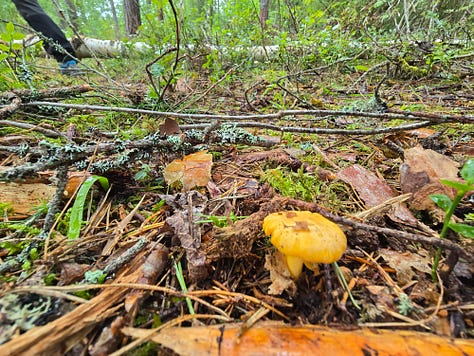
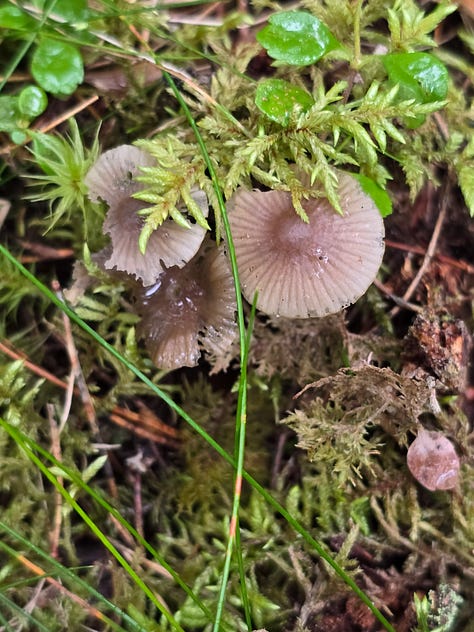
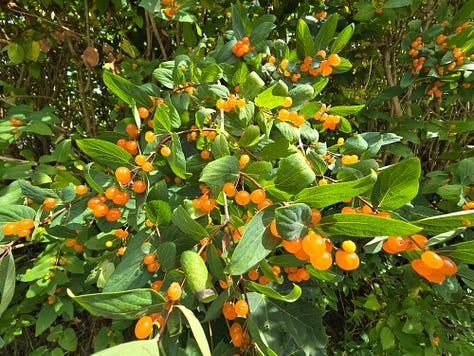
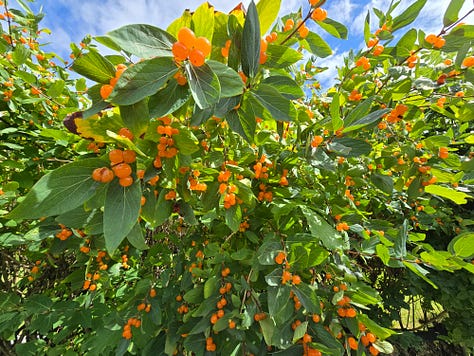
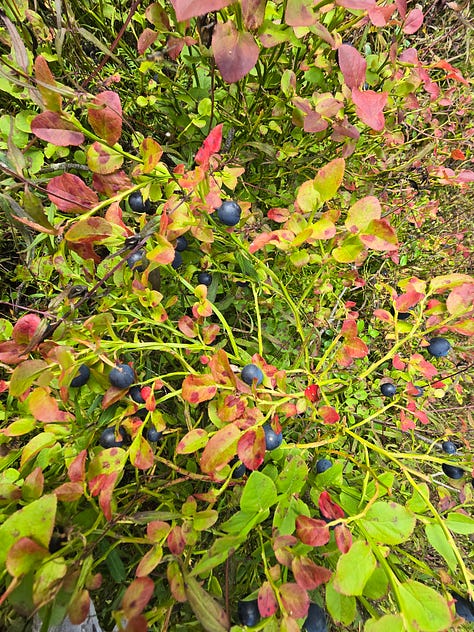
Local, Seasonal Mushrooms
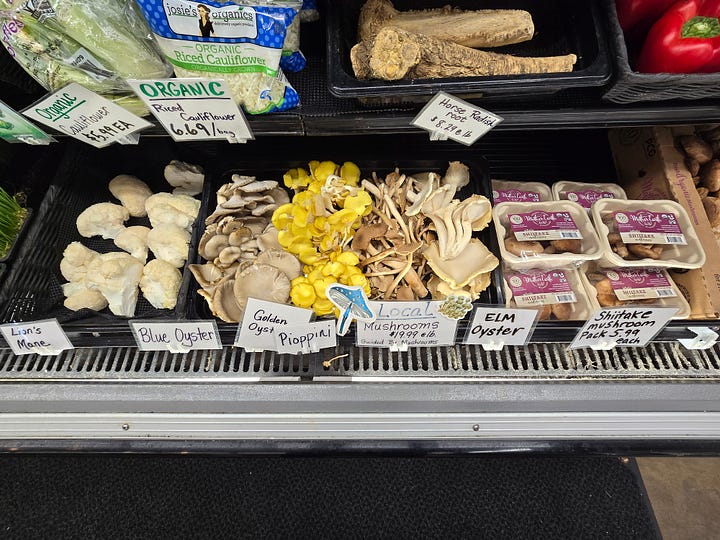
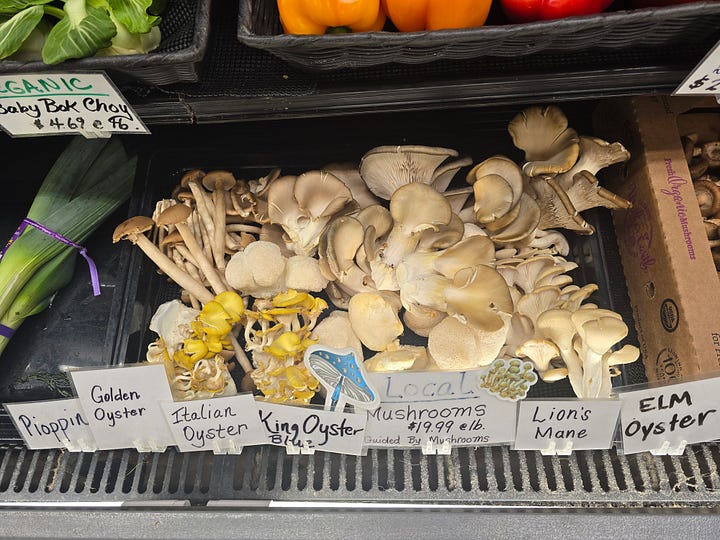
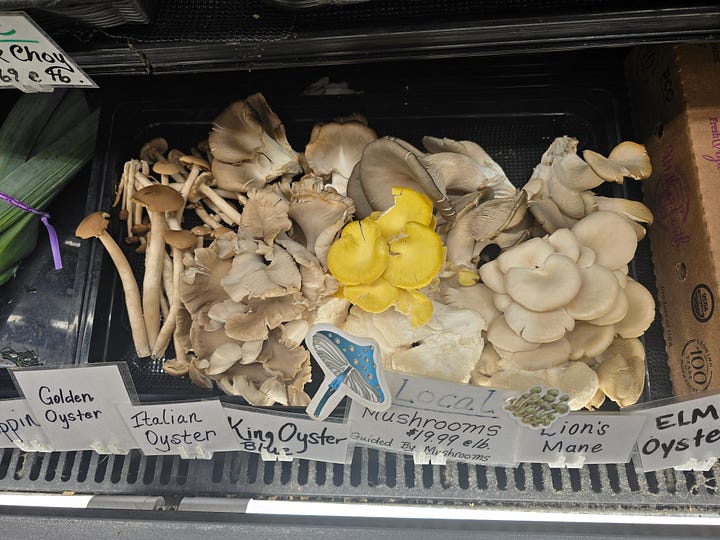
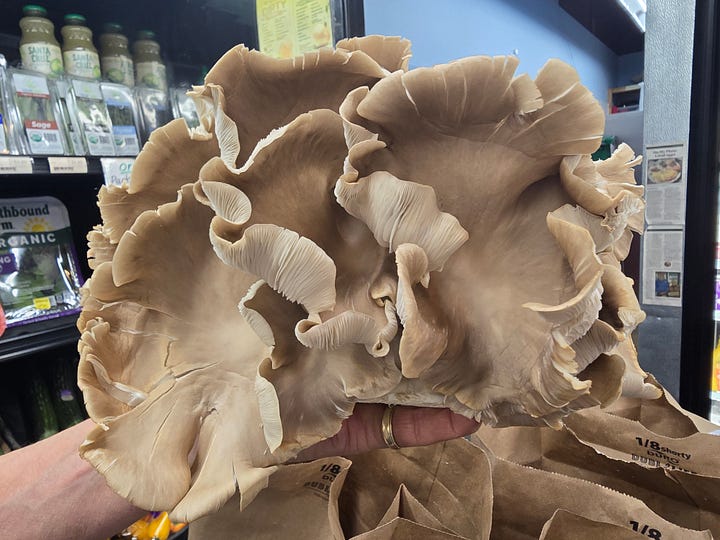
Mushrooms are nature’s cleansers.
Mushrooms decompose organic matter and toxins. They build soil health, enhance soil structure, drainage and moisture retention. Weeds have these important functions, too. Healthier soil feeds plants, supports biodiversity, and provides better food. Healthy ecosystems are reciprocal, regenerative and biodiverse. Well-being includes a diversity of native flora and fauna. You can learn more about fungi and the biota in my other essays, including Let It Be Wild and Free to Increase Health and Prosperity; Hunger and Waste; and, We are Nature: Create, Live and Rule Accordingly.
Mushrooms offer protein and nutrients.
Mushrooms are a valuable source of plant-based protein, offering a substantial texture and flavor that serves as an effective substitute for meat. They thrive in a range of environments, including logs, tree trunks, decaying leaves, sawdust, and forested areas. Notably, fungi occupy their own biological category; current research is investigating their applications in environmental remediation.
A single cup of mushrooms provides approximately 2 grams of protein and contains all nine essential amino acids, classifying them as complete protein. They are rich in vitamin D, B vitamins, minerals, water, and fiber, making them nutrient-dense and beneficial for absorption, digestion, and elimination.
Wild mushrooms are widely available, both cultivated and foraged, at local farmers markets, co-operatives, and grocery stores. They are versatile in culinary use, requiring minimal preparation and complementing various dishes. For optimal freshness, mushrooms should be refrigerated and consumed within several days.
Mushrooms retain significant moisture, permitting cooking without additional oil. It is advisable to avoid heating oils, particularly seed oils, due to potential health concerns such as inflammation and digestive irritation. Instead, it is recommended to finish dishes with a drizzle of extra virgin olive oil after cooking, prior to serving.
A Simple, Healthy Mushroom Recipe
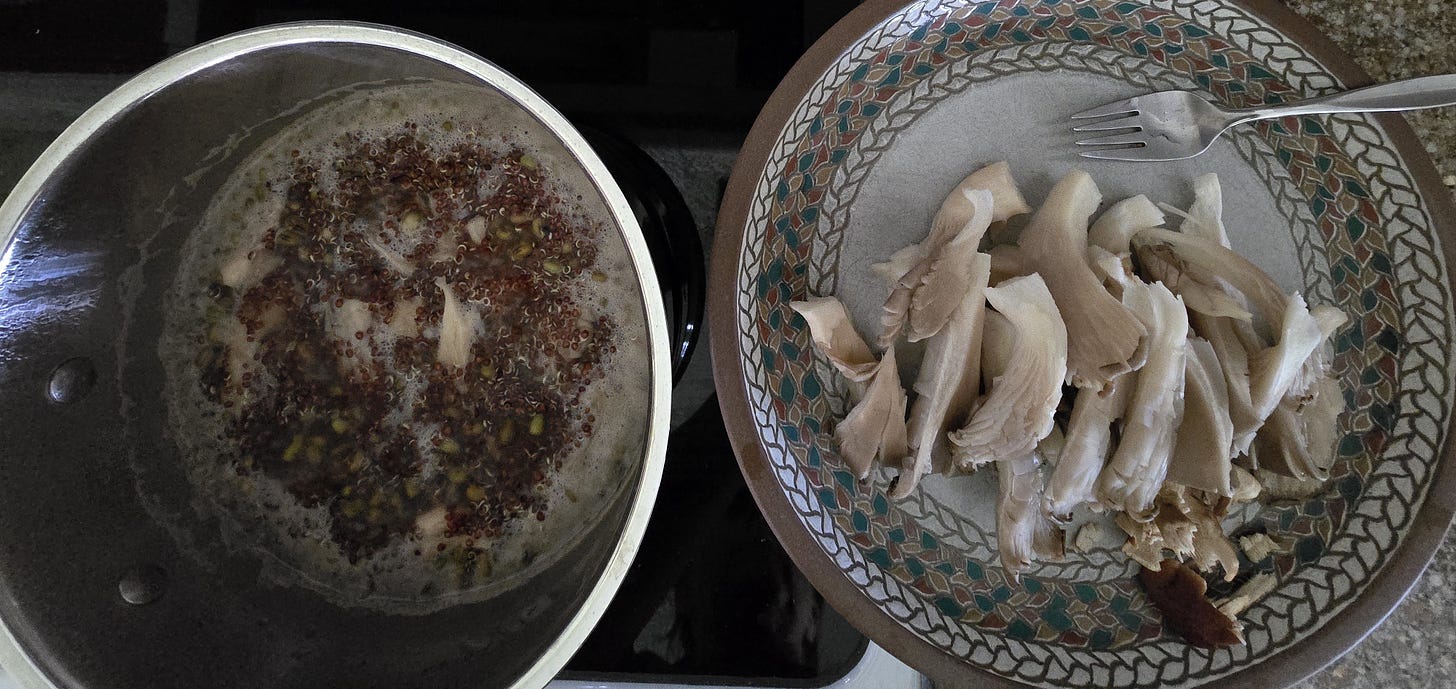
This is a great foundation to add your favorite vegetables, legumes, beans or preferred protein. Remember, vegetables, fungi and grains have protein, as do nuts, seeds and fruit.
Select your preferred seasonal mushrooms.
Add 1-2 finely chopped garlic cloves,
2 tbsp low-sodium soy sauce (optional),
1/4 cup sliced scallions or red onions,
A pinch of red pepper flakes,
1/2 cup chopped basil,
1/2 cup snap peas.
Cook 1/4 cup rinsed quinoa until the white sprout appears.
Toss in 1/2 cup chopped spinach near the end or layer on top.
Drizzle with extra virgin olive oil before serving.
Top with 1/4 cup sprouts (radish, broccoli, etc.).
Sprinkle nutritional yeast for added protein and flavor.
Season with salt, pepper, and turmeric.
Cheers to More Good News!
Mexico, Guatemala and Belize Protect 14 Million Acres
A tri-national nature reserve is a momentous conservation effort to protect more than 14 million acres in the Mayan rainforest. The agreement is set to be the second largest reserve in Latin America, following the Amazon Rainforest.
It is a significant step towards conservation and protection of the environment, biodiversity, cultural heritage and future generations.
Note: When asked to run for office in Arizona, I instead proposed a multi-national agreement to conserve millions of acres along the Mexico-Arizona border at an event to protect the San Pedro River—a vital habitat for thousands of species. I read my poem reflecting this vision to allow wildlife to safely migrate throughout North and South America. Ultimately, I declined to run for office.
Collaborative Community Action- Native Pollinator Gardens next to food gardens in parks, schools and farms.
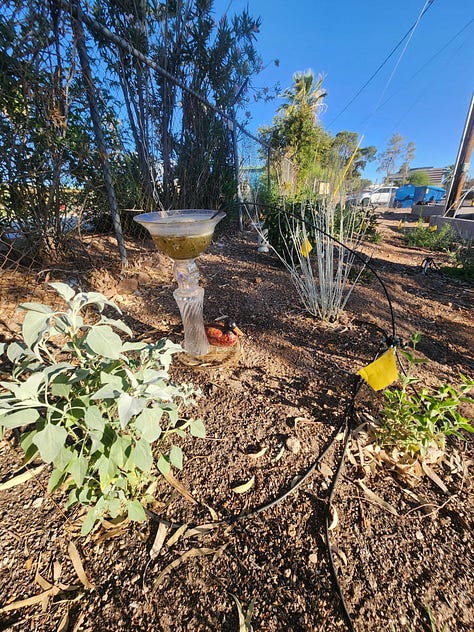
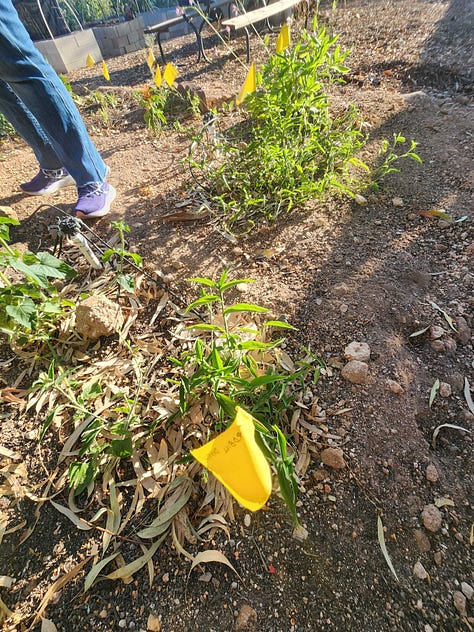
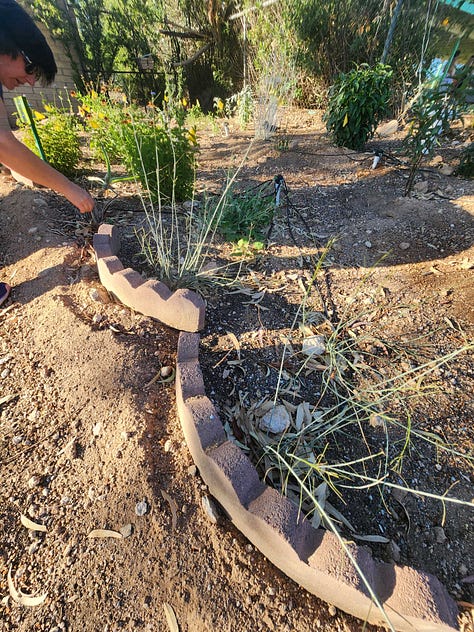
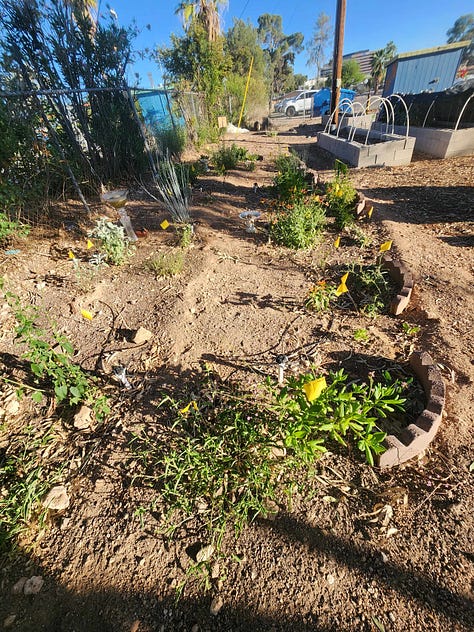
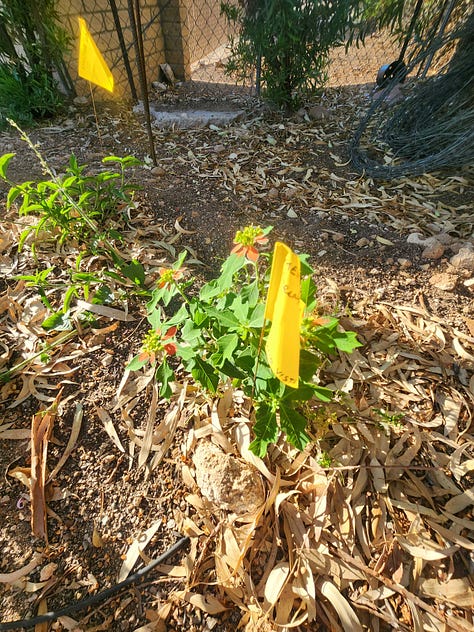
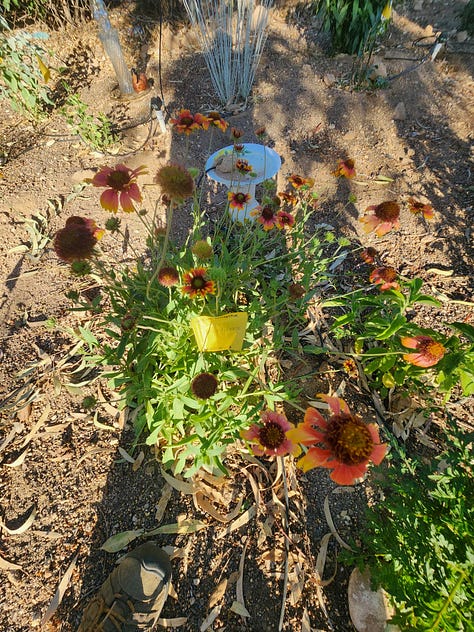
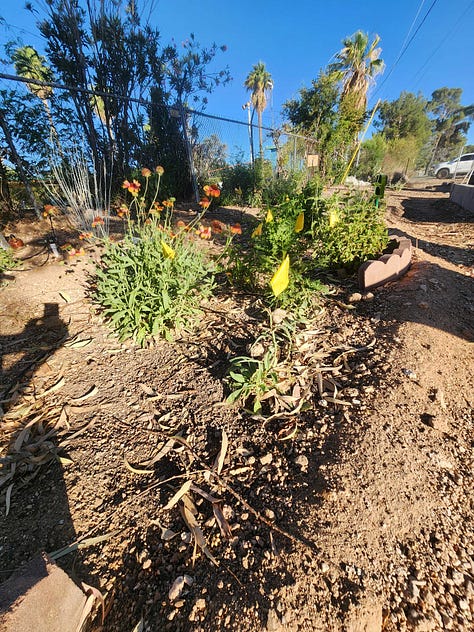
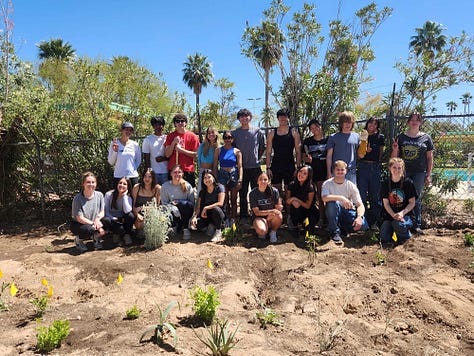
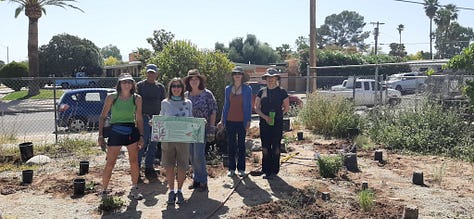
Interested in beeing a part of Adventure with a Purpose?
Join our 2026 Spring native pollinator garden project next to food gardens in Tucson, AZ
Bees, birds, bugs, bats… we love them all and support the work of The Billion Agave Project, which adds nitrogen to the soil, reduces drought and increases biodiversity.
Join a diverse group—including businesses, professionals, students, retirees, local governments, farms, schools, and parks—to strengthen our connection with food, nature, animals, one another, and ourselves. Working together across organizations and sectors helps restore habitats, health, well-being, and our bond with nature.
Our 2026 Spring community project at Keeling Park (St. Germain Center) in Tucson, AZ includes participants from Community Gardens of Tucson, Tucson Organic Gardeners, Sustainable Tucson Habitat Restoration, Wildlands Studio and Collective, and the Pollinator Equity Project.
"Растения - наша страсть", "Plants are our passion."
Thank you, Chet Oreck, University of Arizona Graduate student who is studying French and Russian and is a volunteer of Sustainable Tucson Habitat Restoration collaborative community native pollinator gardens next to food gardens in parks and schools.
Wildlands grows peace, health and well-being and connection with nature to help Make World Soul (Anima Mundi) Healthy Again!
Why We Need to Grow Our Sacred Relationship with Food and Nature will be published and seen by millions of subscribers in Organic Bytes Newsletter by Organic Consumers Association on August 28, 2025.
Wildlands teaches how to build native pollinator habitats instead of lawns and invites you to discover food, farming, flora and fauna in a way that honors stewardship and conservation.
For Comments:
What is your favorite spot in nature?
Have you ever foraged for food?
Are you interested in gardening and farm to table experiences?
Stay up to date with news and opportunities: Adventure with a Purpose to plant native pollinator gardens next to food gardens in parks, schools and farms throughout the U.S. and beyond. Sign up for more project announcements and locales.


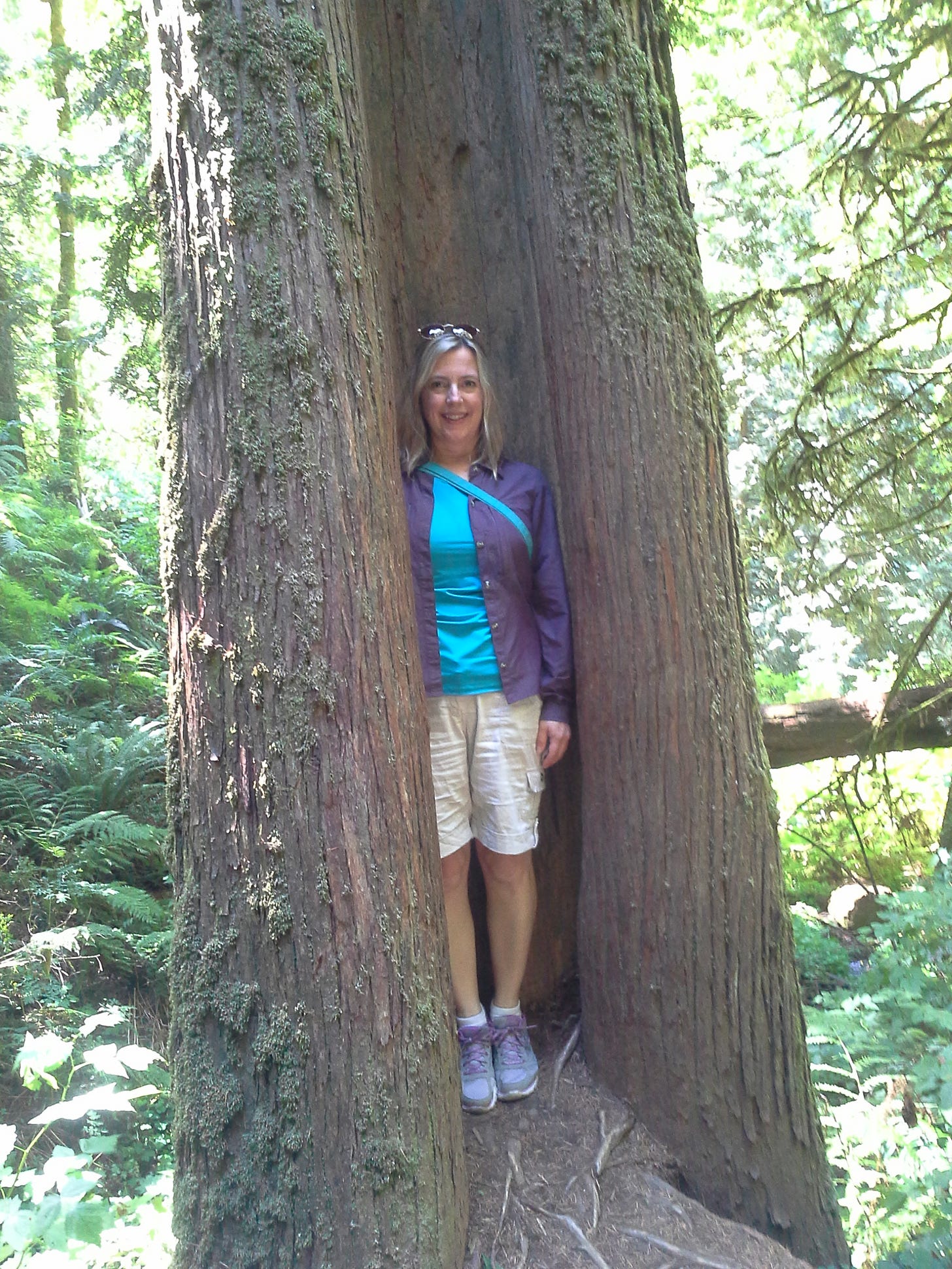
Hey, everyone, let me know if you have a community that is interested in a garden for wildlife and humans. Thanks!
My favorite place in nature is the Grant Park beach in Milwaukee, WI along lake Michigans beauty. What a great picture of you in the tree Robin! Thank you for the health tips..yummy mushrooms.